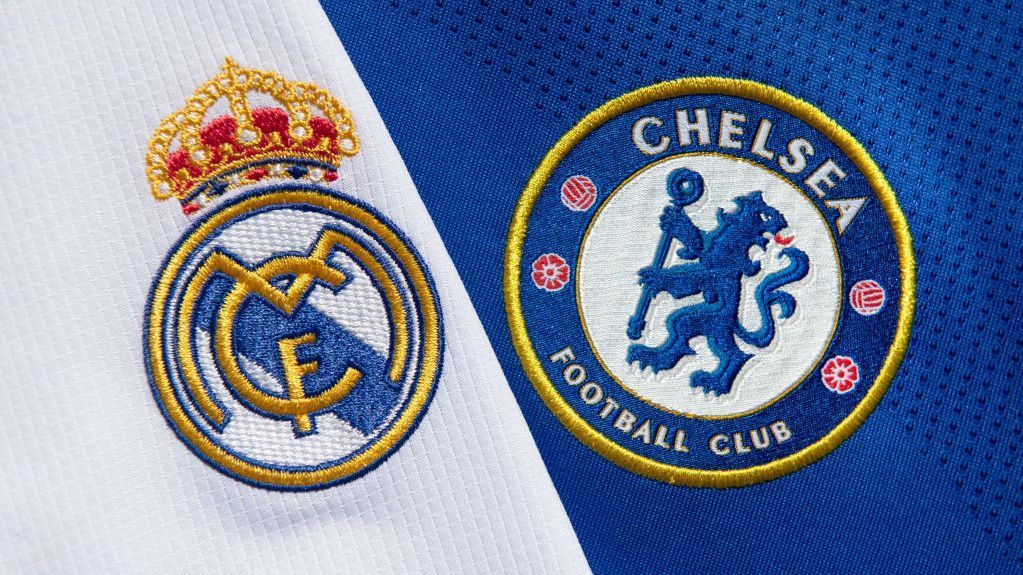On YouTube, Facebook or Instagram, their accounts or their channels are a hit. The secret of their success: freedom of tone, corrosive humor, crisp revelations… Portrait of the new stars of the web.
It was almost another time. The one where the wait for ftour – the breaking of the fast during the month of Ramadan – was inevitably accompanied by an Egyptian soap opera, an old film, a historical or animal documentary. The cathode ray tube reigned supreme in North African homes, and the then limited choice of programs helped forge common references.
The internet has since passed there, and with it the tidal wave of personal computers, tablets and smartphones. If the television has not disappeared – it has simply flattened itself – the observation is obvious: the youngest look at it only with a distracted eye, preferring to it universes closer to their inclinations and their tastes, easily. accessible on the Web.
Once a must for anyone who wanted to be heard or known, television is outdated. Instagram, YouTube, Facebook and other Twitter offer people who believe in their talent or their ideas the opportunity to strongly influence opinion. The freedom of tone is incomparably greater than that which reigns on the national television channels, often tightly controlled by the authorities and which struggle to renew their offer.
Even if it continues to give them credibility, “TV” no longer “makes” the stars of today and tomorrow. Which, far from waiting for the blank check of the traditional media, manage to bring together thousands of faithful on different platforms, around various themes, ranging from politico-economic scandals to cooking recipes, from the status of women to social phenomena . In this period of Ramadan, their posts and videos should still gain a few million views. Corrosive humor, shattering revelations, uncompromising denunciations, delusional theories: these new web stars are firing on all cylinders. Often for the better, sometimes for the worse.
ALGERIA
Nazim Baya: “Saw humor was told to me”
Nazim Baya is a pharmacist. And, above all, founder of El Manchar (“the saw”, in Arabic), a parody of Algerian news, a real monument of derision made in DZ.
The story of El Manchar opens in 2013, when Abdelaziz Bouteflika is the victim of a stroke. A furious desire to express himself then arose in the face of this president whom Nazim Baya compared to “a zombie”. In the sights of his site: the oligarchs in power and the media under their control.
Quickly, the valves of El Manchar, chiseled for social networks, offer Algerians a breath of fresh air. The Facebook page quickly acquired 20,000 subscribers. They are more than 500,000 today. Above all, the way in which Nazim Baya describes the absurdity of the situation transcends the borders of his country.
In France, El Manchar passes for the Algerian Gorafi. The comparison stops there. “We do not practice the same humor and, honestly, in France, it is a little easier”, underlines Baya. Following the adoption of new legislative provisions criminalizing disinformation, El Manchar announced, in May 2020, the end of the adventure. Before changing his mind three months later. A relief for its followers, especially as the site closely follows the Hirak movement.
Sidali Kouidri Filali: Barakat generation
Wallada, the last Andalusian, by Sidali Kouidri Filali (alias SKF), has just been released by Hedna editions. This first novel – a sort of plunge into the heart of Muslim Andalusia – should find an audience. Its author is indeed, alongside Amira Bouraoui, one of the founders of the Barakat movement (“That’s enough!”), And one of the most famous activists in Algeria.
Created in 2014 to protest against Abdelaziz Bouteflika’s desire to run for a fourth term, Barakat launched a wave of demonstrations in central Algiers. Since then, Sidali Kouidri Filali has never stopped calling for democratic change. On Facebook, where he is very active, his subscribers were able to follow the Hirak and, above all, read his analyzes, structured and direct.
–


